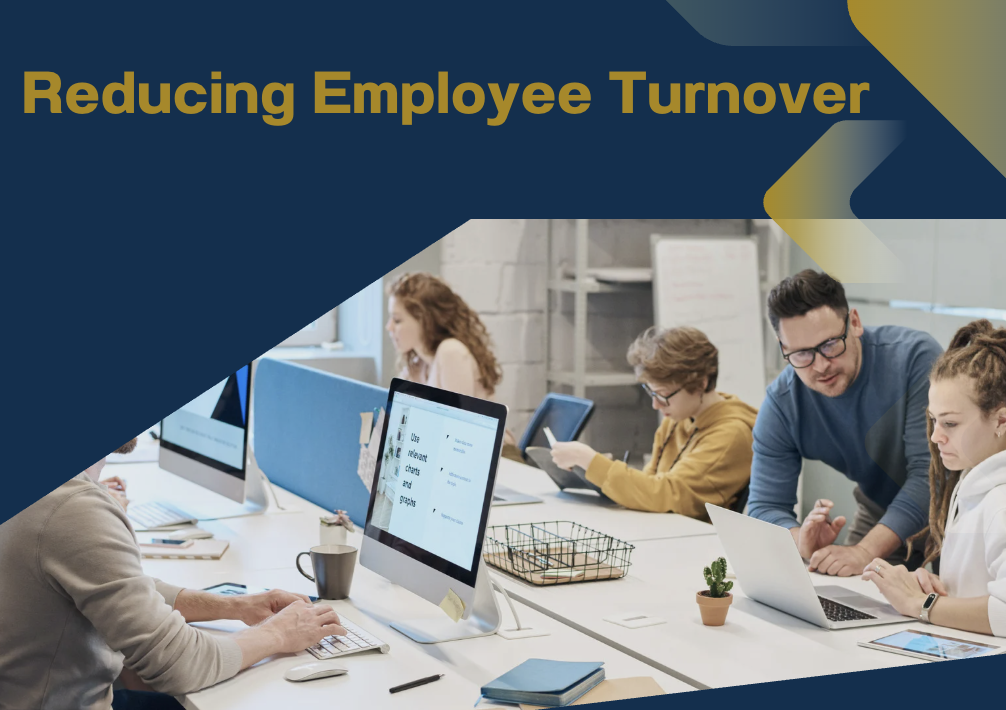The revolving door of talent has become one of the most pressing challenges facing Managed Service Provider organizations today. When skilled technicians and support staff repeatedly leave for greener pastures, the ripple effects devastate everything from client relationships to operational efficiency. When MSPs master the art of culture building, employee turnover becomes a manageable challenge rather than an existential threat.
Understanding the Root Causes of Employee Turnover
The Connection Between Culture and Retention
Employee turnover rarely stems from a single factor. Instead, it’s often the culmination of multiple cultural breakdowns that erode job satisfaction over time. When team members feel disconnected from their colleagues, undervalued for their contributions, or uncertain about career advancement opportunities, they begin looking elsewhere for fulfillment.
Beyond Compensation and Benefits
While competitive compensation remains important, research consistently shows that employees prioritize workplace culture, growth opportunities, and meaningful work over salary alone. MSPs focusing exclusively on financial incentives often find themselves trapped in expensive retention battles that fail to address underlying cultural issues.
Building Foundation Elements of a Strong Team Culture
Creating Psychological Safety
Psychological safety forms the bedrock of effective team culture. When employees feel safe to voice concerns, share ideas, and admit mistakes without fear of retribution, they become more engaged and committed to organizational success.
Establishing Clear Values and Mission
Teams thrive when they understand what they’re doing and why they’re doing it. Clear organizational values guide decision-making and behavior, while a compelling mission gives employees a sense of purpose that extends beyond daily tasks.
Read Also: The Link Between Employee Engagement and MSP Profitability
Developing Effective Communication Strategies
Open and Transparent Communication
Regular, honest communication builds trust between leadership and team members. When employees understand business challenges, strategic directions, and their role in organizational success, they feel more invested in outcomes. Transparency about both successes and setbacks helps create a mature, resilient team culture.
Creating Feedback Loops
Effective communication flows both directions. Regular feedback sessions, both formal and informal, help identify potential issues before they escalate to resignation letters. When employees feel heard and see their input translated into meaningful changes, their commitment to the organization deepens.
Investing in Professional Development
Career Growth Pathways
Ambitious employees need to see a future within your organization. Clear career advancement pathways, supported mentoring programs, and skills development opportunities signal that you’re invested in their long-term success. When people can envision their future growth within your company, they’re less likely to seek opportunities elsewhere.
Continuous Learning Culture
The technology sector demands continuous learning and adaptation. Organizations that embrace this reality provide resources and time for skill development and create environments where employees feel supported and confident in their ability to stay relevant.
Recognition and Appreciation Systems
Meaningful Recognition Programs
Recognition that resonates goes beyond generic employee-of-the-month programs. Effective recognition acknowledges specific contributions, celebrates team achievements and connects individual efforts to organizational success. When recognition feels genuine and meaningful, it reinforces positive behaviours and strengthens emotional connections to the workplace.
Celebrating Successes and Learning from Failures
Strong cultures celebrate victories while treating failures as learning opportunities. When teams can acknowledge setbacks without blame or punishment, they develop resilience and innovation. This balanced approach to success and failure creates psychological safety while encouraging continuous improvement.
Work-Life Balance and Flexibility
Supporting Personal Well-being
Employees who feel supported in their personal lives bring their best selves to work. Flexible scheduling options, understanding of family obligations, and respect for personal time demonstrate that you value employees as complete individuals rather than just resources.
Creating Sustainable Work Practices
Burnout drives turnover more effectively than any competitor’s recruitment efforts. Sustainable work practices, realistic expectations, and adequate staffing levels help prevent the exhaustion that leads talented employees to seek relief elsewhere.
Conclusion
When MSPs successfully create environments where employees feel valued, supported, and connected to meaningful work, turnover becomes a manageable business challenge rather than a constant crisis.
Don’t let another valuable team member walk out the door. Partner with the Call to Action Team to create a culture that attracts top talent and keeps them engaged for the long term.



